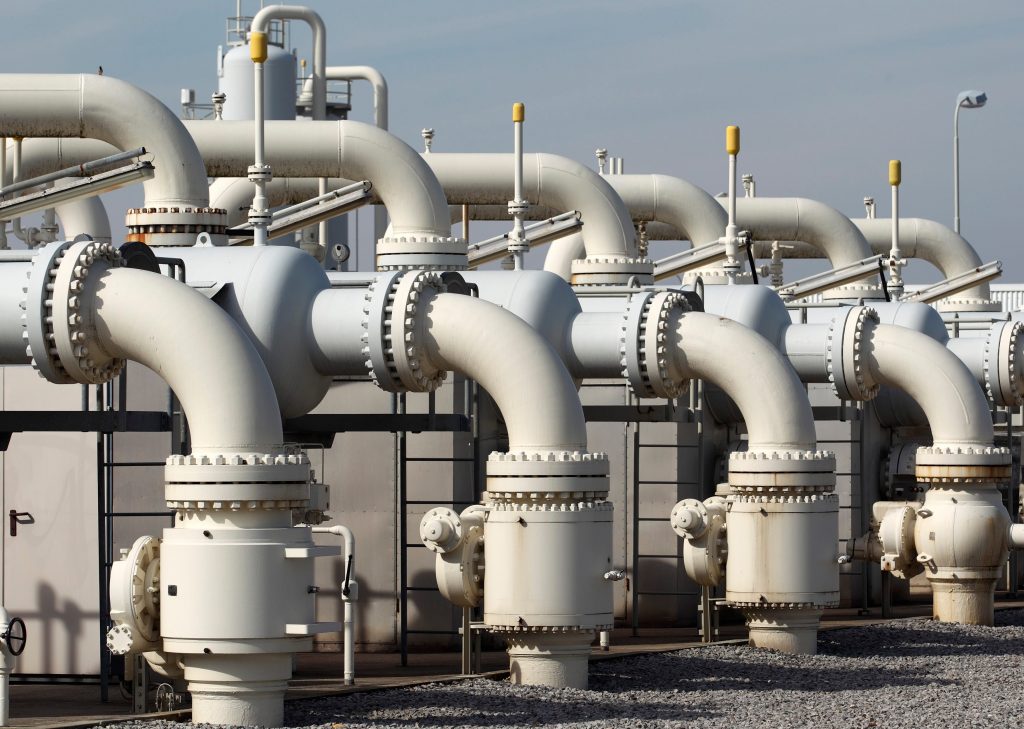- The UK government is planning for a worst-case scenario this winter that could involve planned blackouts, Bloomberg reported.
- Cold weather could combine with natural gas shortages as the European energy crisis intensifies.
- UK natural gas prices have soared over 130% year-to-date as Western sanctions on Russia lead to shortages.
The UK is the latest country preparing to implement emergency measures this winter as soaring gas and electricity prices fuel an energy crisis in Europe.
The British government is prepared to trigger emergency measures in January to conserve gas as electricity imports fall, according to Bloomberg. A number of countries, including Germany, the Netherlands and Denmark have drawn up plans to deal with energy shortages over the winter, including switching to coal-fired power and even forms of rationing.
UK measures could include organized power cuts affecting both businesses and households to avoid potential gas shortfalls, Bloomberg said.
UK natural gas prices have surged 130% this year, compared with a rise of 200% in benchmark European prices so. Benchmark power prices on the continent have hit record highs, rising by almost 300% since the start of 2022.
"Rationing can't be ruled out in the colder months. This will impact everyone, but especially energy intensive industries like car makers, chemical companies and cryptocurrency mining," Simon Tucker, global head of energy, utilities and resources at Infosys Consulting, said.
"Fundamentally, there is huge demand for natural gas and especially liquid natural gas (LNG) in Europe. Even with a large increase in shipments of LNG from the Middle East and North America, supply is still limited and particularly cold spells in winter pose a serious risk," he added.
Gas and power costs are contributing to a cost-of-living crisis across Europe, with key benchmark prices soaring since Russia invaded Ukraine in February. Red-hot inflation is forcing central banks to raise interest rates, delivering an additional blow to cash-strapped households everywhere.
Part of the increase is down to a drop in flows of energy from Russia, which has traditionally been Europe's go-to provider, supplying 40% of the region's natural gas. EU sanctions on Moscow over the war in Ukraine have resulted in Russian exports of gas slowing to a trickle through at least one major pipeline.
Britain produces natural gas itself and gets additional supply in the form of super-cooled fuel that arrives on tankers. It often has a glut of unused gas because of a shortage of storage options, but its capacity to export any excess to the rest of Europe is constrained by the size of the pipelines that connect it to the mainland. Even so, it still imports much of its electricity from its neighbours in Norway and France.
The entire continent is now scrambling to deal with an unprecedented rupture in energy security.
Norway, a major exporter of electricity and natural gas, has warned it may ration power exports to the rest of the continent as it grapples with a lack of rainfall that has depleted the reservoirs it relies on for hydropower.
Adding to the squeeze on available supplies is France - ordinarily a net exporter of power thanks to its fleet of nuclear power stations. But ageing infrastructure and overdue maintenance mean Europe's second largest economy is now having to vie for electricity on the open market, as a large proportion of its nuclear facilities are offline.
Even power stations in Europe's manufacturing heartland of Germany are struggling to source enough fuel. A heatwave and record low rainfall across the region have driven water levels on the river Rhine to historic lows, which means the barges that would normally carry anything from coal to refined petroleum products are unable to pass through with anything close to full loads.
